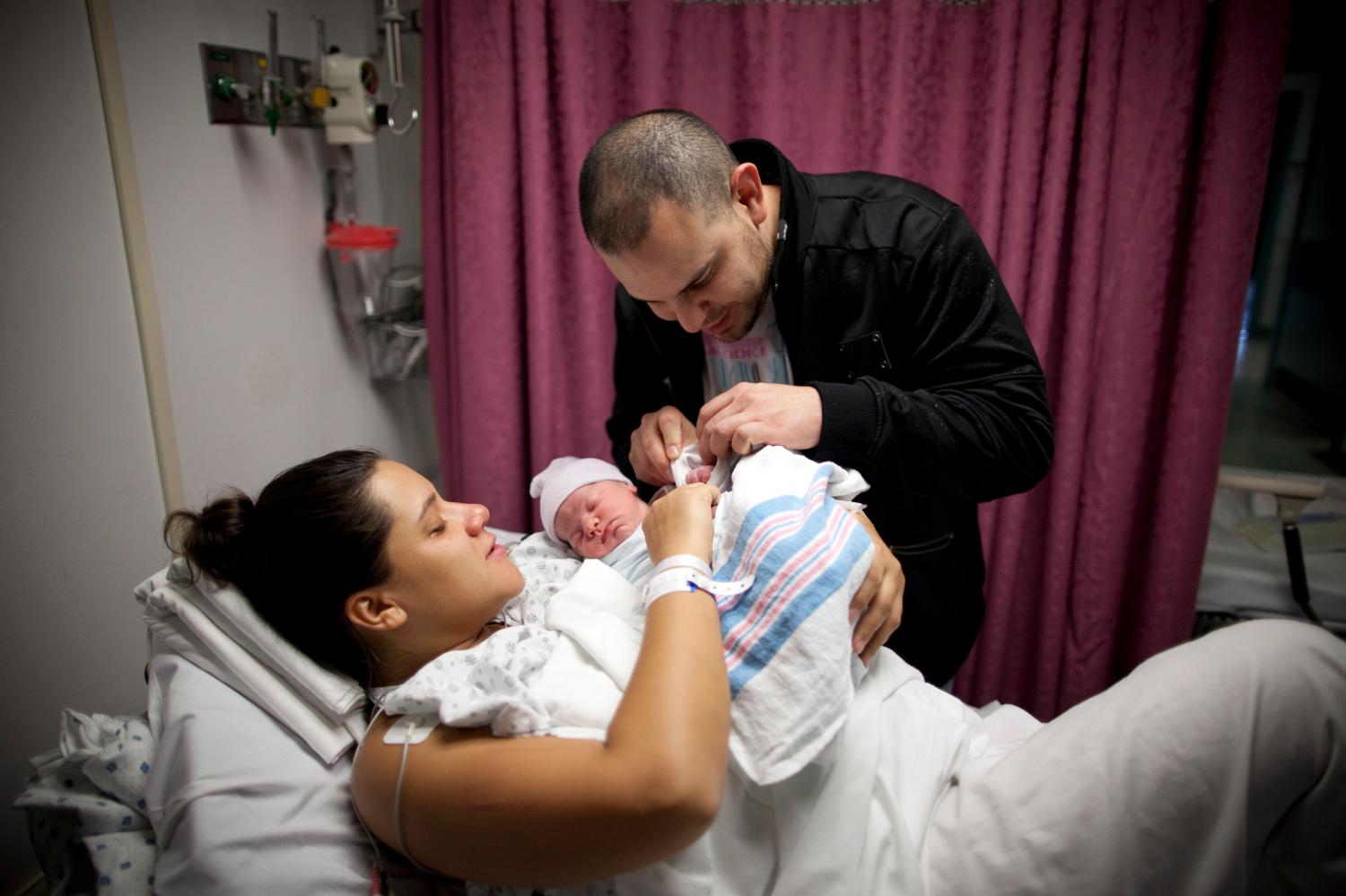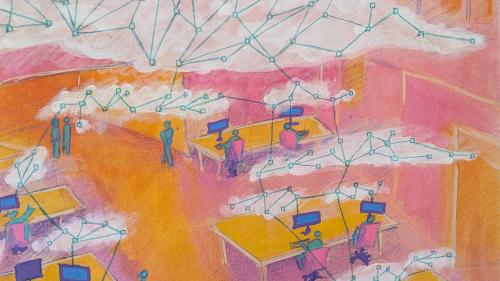The PBS documentary “Two American Families” is not only about the Stanleys and Neumanns: it tells the story of millions.
The two families act as emblems of enduring American values, personifying the virtues of family, spirituality and a solid work ethic.
But they also dramatize contemporary American problems and anxieties. Over the 20 years they were followed by the film makers, the Stanleys and the Neumanns were buffeted by changes in the jobs market—layoffs from solid paying and secure jobs, lower incomes, and repeated stresses and uncertainties.
Homes were lost, schools changed, and other serious sacrifices made, including losing the chance to attend college. In one case, the parents divorced.
Wage inequality and low or stagnant earnings growth are issues firmly stapled to the political agenda. But lack of stability and predictability in incomes matters too, and the last few decades – and especially last few years – of the US labor market have been marked by increased risk and turbulence.
Income Volatility vs. Child Development
Money matters for child development. A sharp drop in the long-term income of a family after a parent permanently loses a secure job lowers the prospects for their childrens’ upward earnings mobility.
But timing matters, too. Children go through a series of transitions in life, distinct stages and transitions—such as moving into kindergarten, High School, and work. Each sets the conditions for future success. (See Five Strong Starts for Social Mobility.)
Temporary drops in family income can therefore have permanent consequences for kids if they occur during an important turning point in their stage of development.
So, Wage Insurance Is Needed
Public policy for social mobility therefore needs to support not just the adequacy of incomes, but also their volatility: income support needs to be coupled with income insurance.
Senator Rubio has suggested, for example, that workers on unemployment insurance be permitted to work while on claim, and that at least some part of their benefits be structured like the Earned Income Tax Credit, covering the gap between the lost wage and the wage in a new job. Laid-off workers would be incentivized to accept new jobs, and the fall in family income from accepting a lower paying job would be blunted, adjusting more gradually with time.
There are many other ways in which a wage insurance scheme could be devised. Rubio’s plan has some similarities to a proposal by Robert Lalonde, and others, for wage insurance to temporarily support the incomes of workers displaced from high tenure jobs, and whose prospects involve a future of lower paid work.
Parenting in Turbulent Times
Parents shape the life chances of their children. We have learned more about the importance of stability for children, especially at critical life stages or transitions—just as many are witnessing a more turbulent labor market. Finding ways to help adults lower the risk of a downward income shock is not only a form of insurance. If it protects the development chances of the children, it is an investment in the future too.
The Brookings Institution is committed to quality, independence, and impact.
We are supported by a diverse array of funders. In line with our values and policies, each Brookings publication represents the sole views of its author(s).




Commentary
Why Children Need Wage Insurance (For Their Parents)
February 18, 2014